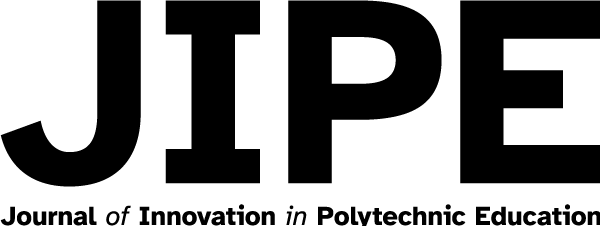Read editorials and articles that we’ve submitted to national and regional media outlets across Canada. These feature a few of the ways Canadian polytechnics are contributing on topics of national interest.
When polytechnic schools and industry collaborate, students gains skills and businesses solve problems
When Guillermo Acosta looks out the window at Humber College’s Faculty of Media & Creative Arts he sees a fleet of construction cranes, but also something else — the future of how education, industry and the arts will work together.



